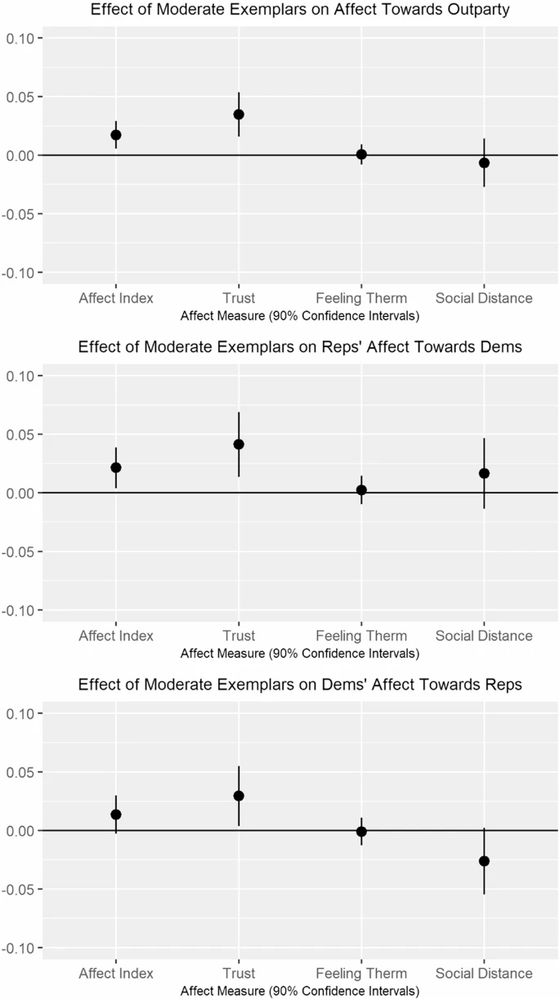Reposted by: Kevin Arceneaux
A new research note by @vinarceneaux.bsky.social
@cevipof.bsky.social sheds light on the political preferences of populist voters in France, Germany, and Italy during the 2024 European elections.
#Democracy #Populism
Read the note👇
tinyurl.com/2s3e5v4n

Reposted by: Kevin Arceneaux
TLDR: Folks who want to watch the world burn trust Musk MORE, not less.🧵




by Kevin Arceneaux — Reposted by: Damien Bol
www.sciencenews.org/article/why-...






by Mark J. Brandt — Reposted by: Kevin Arceneaux
link.springer.com/article/10.1...
#socpsych #psychscisky #polpsy


by Catherine E. De Vries — Reposted by: Kevin Arceneaux, Björn Bremer
Offer: Great group of political scientists working at awesome social science university in a fabulous city 🙌
🚨 Deadline: 30th of November
Please share 🔁
Apply 🔗 & ℹ️ : jobmarket.unibocconi.eu?type=&dep=SPS



